The Gucci Family: The Godfather But With Shoes

Crime families are a dime a dozen in Hollywood, but rarely do we get a peek into their actual business. To this day, the Gucci name is synonymous with class and taste even though just about everyone who had it was as wild as a Maurice Sendak beast, from Papa Guccio on down.
Sorry, His Name Was What?
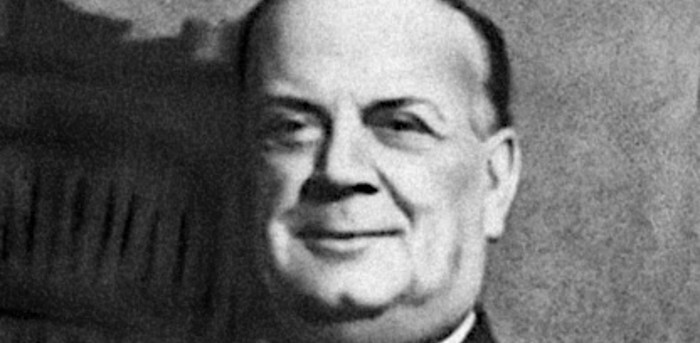
Guccio Gucci was born on March 26, 1881 in Florence, and yes, that’s the name his mother gave him. His full name was actually Guccio Giovanbattista Giacinto Dario Maria Gucci. It must have been a difficult birth.
Guccio Wasn’t a Fashion Man
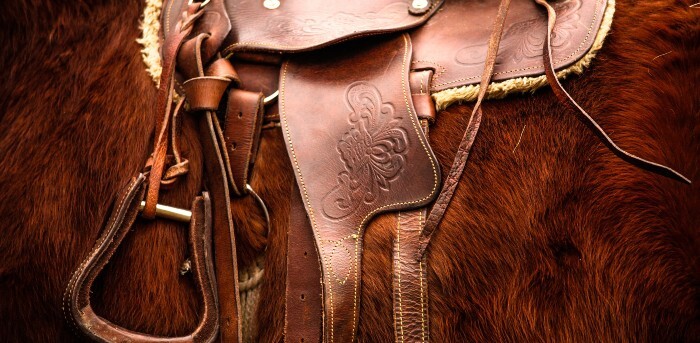
Guccio Gucci’s father was a leather craftsman, so really, he was just carrying on the family tradition when he opened his first boutique in 1921. He mostly sold travel and recreational accessories, including saddles for horses. Equestrian sports were the hot thing for the rich back then, so he sold leather goods for the jet set and Ed set alike.
Where It Gets All Godfather
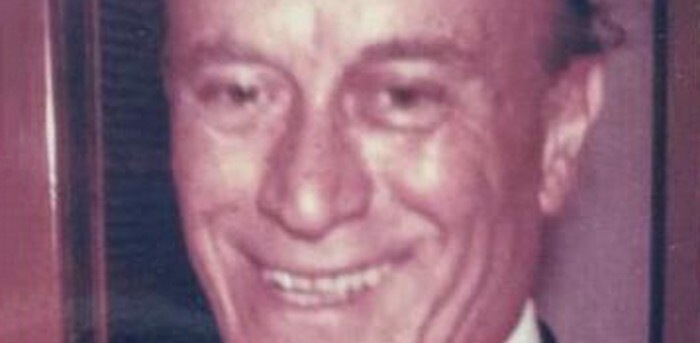
Ol’ Guccio was reproductively prolific, fathering four sons and one daughter with his wife, Aida. He also adopted her son from a previous relationship, bringing Gucci: The Next Generation to a grand total of six. One of the boys died in childhood, and the only girl was shut out of the business (we’ll get to that), leaving Ugo, Vasco, Rodolfo (after he effed off to become an actor for a minute), and Aldo Gucci to vie for control of the family fortune.
The Gucci Fascist
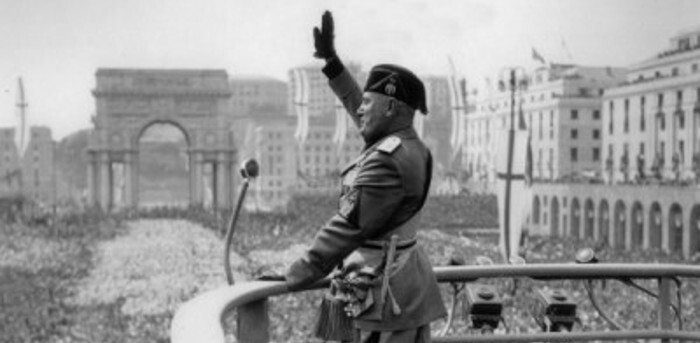
Ugo Gucci took himself out of the competition right quick by getting involved with Italy’s fascist party, serving as regional overseer under Mussolini. Guccio didn’t want to get Nazi stink all over his business, so he paid Ugo off in exchange for relinquishing his inheritance.
Grimalda Gucci
The Gucci family was pretty dang misogynist, believing that women had no business in business and should submit to their masculine betters. Still, as the firstborn child, Grimalda Gucci said her father “led to expect” to inherit at least some part of the business, then went and died and left it all to her brothers, who weren’t keen to share. Grimalda lost her legal battle for her birthright, but her name was Grimalda, so she was probably fine.
The Family Lied About Their Ancestry
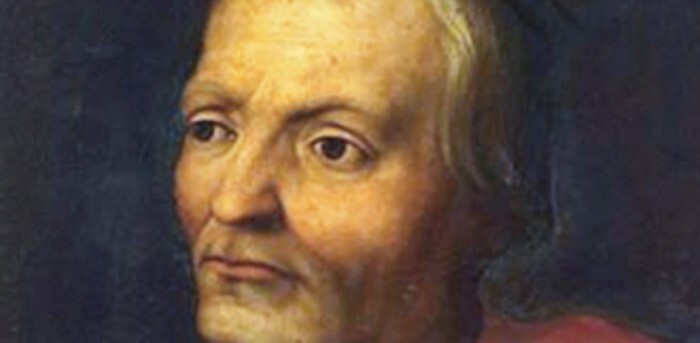
Despite how much they screwed her, you can’t say Grimalda wasn’t loyal to her family. She certainly helped uphold the lie Gucci told his high-class clientele that the family traced its lineage back to the rich and powerful Medicis. “We were never saddle makers,” she said, despite all evidence to the contrary. “The Gucci’s come from a once-noble family in the San Miniato district of Florence … they were not peasants.” Then she presumably spit on an orphan for looking her in the eye.
Deathbed Revamp
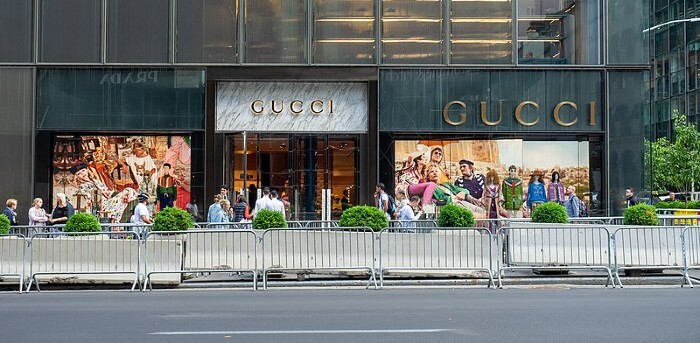
It was Guccio’s remaining non-fascist sons, particularly Aldo, who pushed him to expand further into the fashion world. Guccio resisted change, insisting that the business should stay small and in Italy, but as his sons took more responsibility, they took more liberties with their father’s wishes. They convinced him to open a second store in Rome, then a third in Milan, and just two weeks before Guccio died in 1953, they opened a store in New York.
Guccio Would Not Have Survived #MeToo
Don’t feel too bad for ol’ Guccio. He was a known womanizer who abused his power over his employees, propositioning “one or more of the shop assistants,” one biographer vaguely noted, and being “seldom refused.” It became something of a family tradition: Aldo was also known to creep, and his son Paolo was in his fifties when his wife left him for having an affair with a 19-year-old.
A Feud By Any Other Name
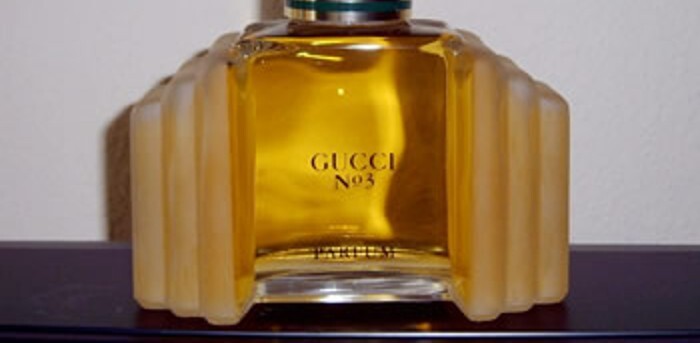
After Vasco died without heirs in 1974, Aldo and Rodolfo Gucci were left with 50/50 control of the company, which Aldo was pretty salty about, feeling that Rodolfo hadn’t worked for his half. In an attempt to get his, Aldo created a Gucci fragrance business-within-a-business and gave himself 80% ownership of it, kicking off a feud that last until all the Guccis had Guccied themselves out of Gucci.
Boardroom Brawl
Gucci boardroom meetings soon became more WWE than C-suite, most famously in 1982, when it was discovered that Paolo Gucci had brought a tape recorder to a meeting. It’s unclear whether it was his cousin or his own father who inflicted the damage, but Paolo left through the store below, bleeding and shouting for police. On another occasion, family members publicly pelted each other with handbags at an Italian office.
Maurizio and Rodolfo

Rodolfo’s son, Maurizio, is portrayed in 2021’s House of Gucci as a patsy under the thumb of Lady Gaga -- and who among us wouldn’t be? -- but he had his mercenary side. Not only was he an active participant in the forgery of his father’s signature on his inherited Gucci shares to avoid taxes, enlisting several employees, not his wife, in the task, his family remembers him treating his dying father “like a prison guard,” supervising all visits to prevent any deathbed deals. Despite this, Rodolfo allegedly told Aldo to “keep a watchful eye on Maurizio and never allow his wife, Patrizia, near the company shares.”
Paolo and Aldo

Paolo and Aldo Gucci likewise had a complicated relationship, the latter once giving away the former’s dog as a childhood punishment. Who can blame him for getting his father sent to prison for tax fraud?
Losing It All
With Aldo out of the way, Maurizio enlisted an investment bank to buy out his cousins’ shares, giving him complete control of the company … which he ran straight into the ground. By 1993, he and the company were so broke that he was forced to sell his own shares, and then there were none.
Maurizio Ghosted Patrizia
As in the movie, Maurizio Gucci took the coward’s way out and broke up with his wife through an associate, but in real life, he was way harsher. He simply told Patrizia that he was going on a short business trip, and the next day, she was told he wasn’t coming back. Murder is never justified, but had she not done a murder, she definitely wouldn’t be the villain in this story.
Patrizia in Prison
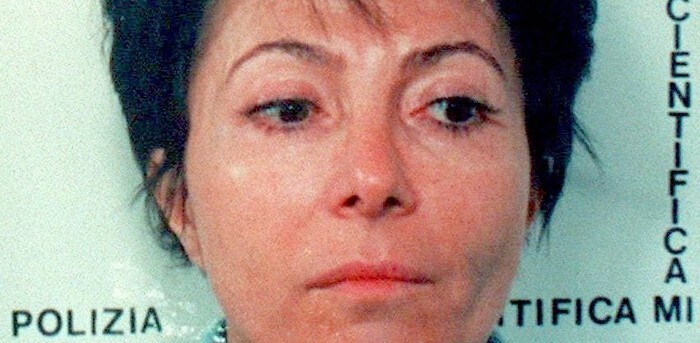
But do a murder she did, in 1998, sentenced to 29 years in prison but serving only 18. She could have gotten out sooner, but she was required to get a job, and as she remarked, “I’ve never worked in my life, and I don’t intend to start now.” Besides, life in prison was pretty cush -- she was even allowed a pet ferret, though another inmate sat on and killed it. She did eventually get a job at a jewelry company after her release, but she complained to a reporter that she didn’t “earn enough at this place to buy proper clothes,” in full earshot of her employers. These days, she can be seen walking around Milan with her pet macaw, the last survivor of House of Gucci.